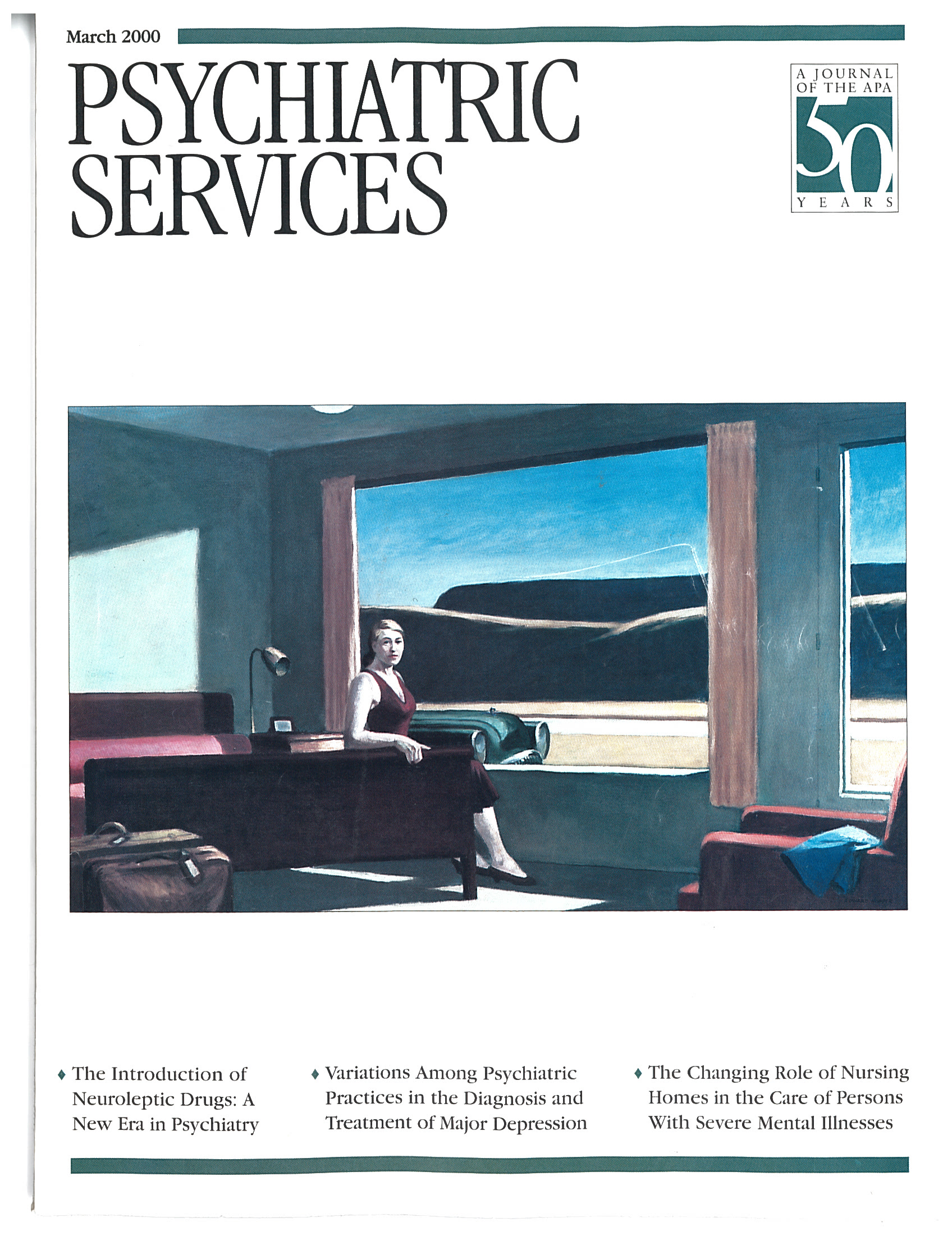The Older Adult Psychotherapy Treatment Planner
Like other books in the publisher's Practice Planners series, The Older Adult Psychotherapy Treatment Planner is a valuable resource for clinicians attempting to use a structured, goal-oriented approach to providing mental health services. The focus is on psychotherapy for older adults. The book uses a model for treatment that is consistent with practice standards and compatible with the documentation requirements of Medicare, managed care, and other third-party payers.
Mental health providers are increasingly called on to justify treatment and to measure outcomes. The book outlines a treatment planning process that will facilitate a focused approach with behaviorally stated objectives and measurable goals. For each of 27 problems that can cause functional impairment in older people, the book offers problem definitions, long-term goals, short-term objectives, and suggested interventions. Problem areas covered include anxiety, deficits in activities of daily living, depression, memory impairment, paranoid ideation, sleep disturbance, and substance dependence. Several possible axis I diagnoses are suggested for each problem.
The book could be a very helpful resource for social workers, psychologists, and others working with independent, community-dwelling elders who have few medical problems. It could be particularly helpful to beginning clinicians who are still learning to think in terms of behaviorally stated objectives and measurable outcomes.
However, while the information is sound, it is also limited. The book is written from a nonmedical perspective. Consulting a physician is mentioned in many chapters as part of a list of possible short-term objectives. But because older people tend to have multiple acute and chronic medical problems, it is important to rule out treatable medical problems before dealing with what appear to be psychological problems. It would have been useful if the book had been coauthored or reviewed by a geriatrician or geriatric psychiatrist in order to make clear the important link between the medical and the psychosocial aspects of the complex problems of older people and their treatment.
Mental health problems often are not identified until older people find themselves admitted to a hospital or nursing home. Thus social workers, psychologists, and other therapists in hospitals and nursing homes who use the book would need to work closely with physicians, clinical nurse specialists or nurse practitioners, and other nursing staff to understand the complex interactions of illness, medications, and psychosocial problems.
What background and expertise the authors have in the area of geriatric mental health is not clear. Clinicians who work with older people need to be well grounded in both the medical and the psychosocial aspects of aging.
The book's bibliotherapy section lists many helpful resources. Additional reading might include New Techniques in the Psychotherapy of Older Patients, edited by Myers (1), and Spar and LaRue's Concise Guide to Geriatric Psychiatry (2).
The reviewers are affiliated with Geriatric Partners, Inc., in Knoxville, Tennessee.
1. Myers WA (ed): New Techniques in the Psychotherapy of Older Patients. Washington, DC, American Psychiatric Press, 1991Google Scholar
2. Spar JE, LaRue A: The Concise Guide to Geriatric Psychiatry. Washington, DC, American Psychiatric Press, 1997Google Scholar



